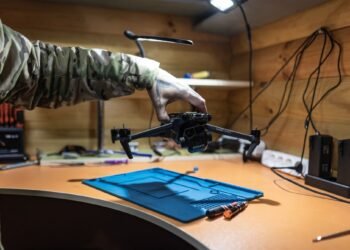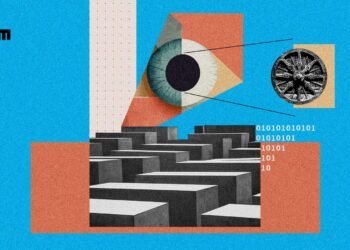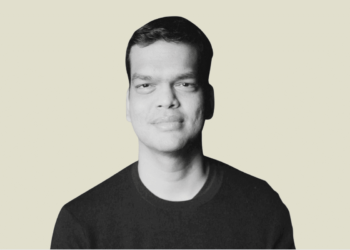In 2024, the conversation around AI for Bharat gained momentum, and the Indian Institutes of Technology (IITs) continued to solidify their position as leaders in using generative AI for the country. Through collaborations with industry giants like AMD, TCS, and Lightstorm, as well as indigenous innovations such as IndicVoices and MedSumm, the IITs showcased a remarkable blend of research, innovation, and real-world application. These initiatives spanned a wide spectrum, including advancements in quantum imaging, semiconductor efficiency, multilingual AI capabilities, and Indic models and upskilling. These milestones not only demonstrate the technological prowess of IITs but also their commitment to solving India’s pressing challenges through AI.
One notable collaboration was between IIT Bombay and Samsung R&D Institute, which aimed to drive AI advancements and innovation in digital health and other key areas. This five-year partnership enables joint research projects and offers IIT Bombay students and faculty the opportunity to work closely with Samsung engineers. This collaboration also fosters industry readiness among students and provides Samsung engineers with training and certification in cutting-edge technologies like AI and digital health.
In addition, IIT Madras launched the ‘Centre for Human-Centric Artificial Intelligence’ (CHAI) through the Pravartak Technologies Foundation. This centre aims to amplify human potential through AI by focusing on technology development, entrepreneurship, human resource enhancement, and fostering international collaborations. This presents a critical opportunity for India to lead in human-centric AI innovation.
Furthermore, AMD partnered with the Society for Innovation and Entrepreneurship (SINE) at IIT Bombay to support semiconductor startups in India. As part of this collaboration, AMD provided grants to IIT Bombay-incubated startups working on energy-efficient Spiking Neural Network (SNN) chips. These startups focused on significantly reducing the energy consumption of conventional neural networks.
Tata Consultancy Services (TCS) also formed a strategic partnership with IIT Bombay to create India’s first Quantum Diamond Microchip Imager. This advanced sensing tool aimed to enhance semiconductor chip precision, reduce failures, and improve the energy efficiency of electronic devices. Over two years, TCS experts worked with Dr. Kasturi Saha, Associate Professor in IIT Bombay’s Department of Electrical Engineering, to develop the quantum imaging platform at the PQuest Lab. This platform promised better quality control for semiconductor chips, enhancing reliability and efficiency across industries.
Lastly, Lightstorm, a leading connectivity infrastructure provider, signed an MoU with IIT Madras to launch an employment skilling initiative. This collaboration aimed to provide training and certification in cutting-edge technologies to students and professionals, bridging the skill gap in the industry.
Overall, the IITs have made significant strides in the field of AI, showcasing their commitment to using technology to solve India’s challenges. These collaborations and initiatives not only demonstrate the potential of AI for Bharat but also position India as a leader in AI innovation.


















